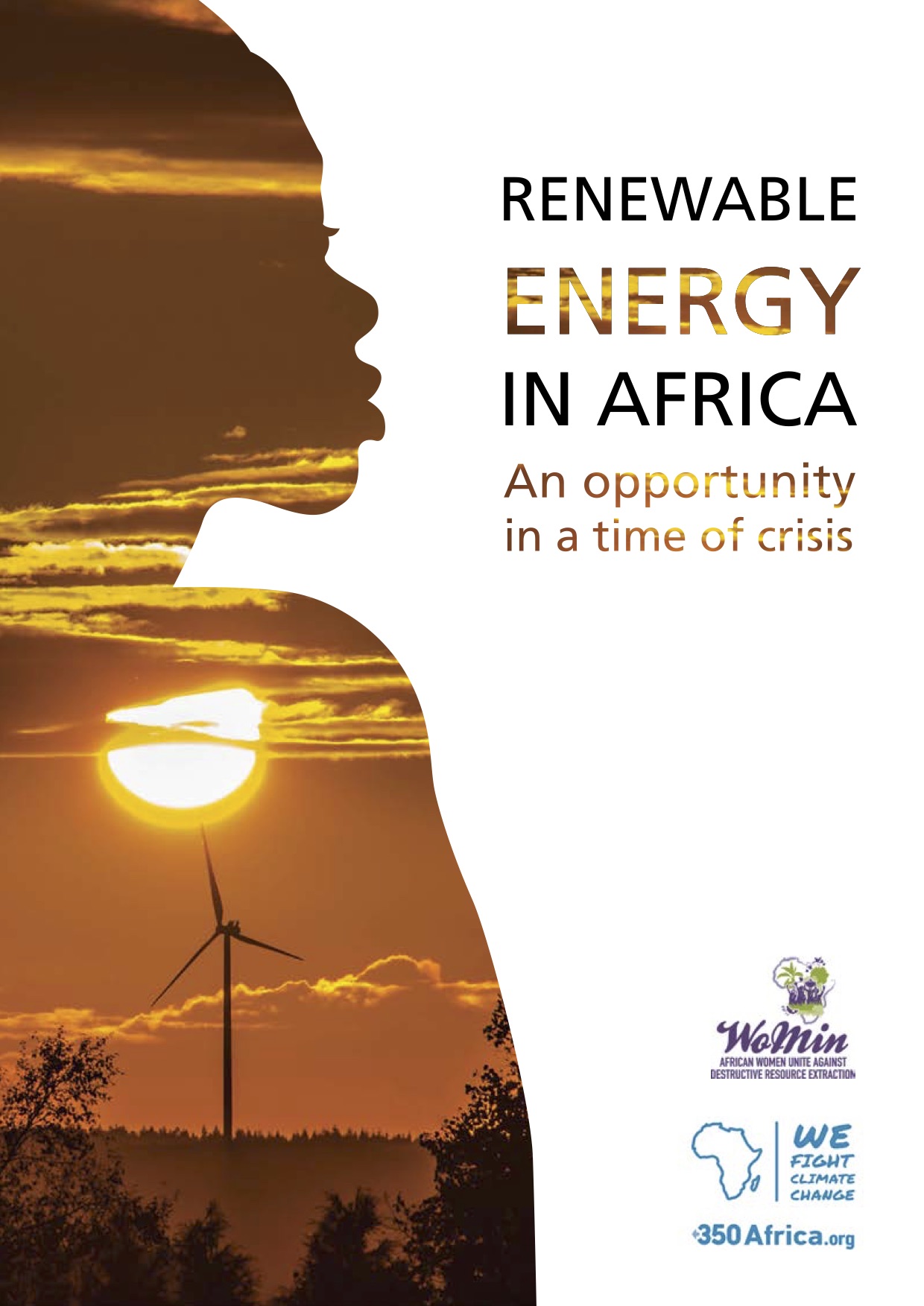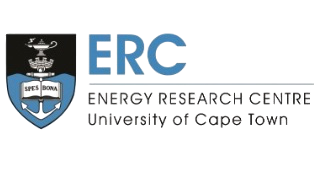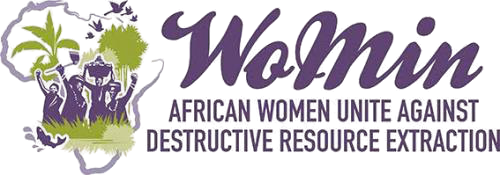RENEWABLE ENERGY IN AFRICA:
An opportunity in a time of crisis
REPORT
This report outlines the current state of renewable energy in Africa. It highlights the great opportunity for Africa in renewable energy, as well as warning against potential pitfalls for the very communities that stand to be empowered.
Renewable Energy in Africa
The report aims to give activists in ten African countries (Botswana, Democratic Republic of Congo, Egypt, Ghana, Côte d’Ivoire (Ivory Coast), Kenya, Nigeria, Senegal, South Africa, and Uganda) an overview of the renewable energy situation in their country, with a view to identifying leverage points to increase the sustainable uptake of renewable energy in those countries. The University of Cape Town’s Energy Research Centre conducted the research, commissioned by 350Africa.org and WoMin.
This report also includes case studies and commentary from the commissioning organisations.
Botswana
Renewable energy in Botswana makes up only 0.1% of installed capacity, with none under construction. Download the country report here.
Democratic Republic of Congo
In the DRC, renewable energy has a 2.9% share of installed capacity, and 16.4% of energy capacity under construction. Download the country report here.
Egypt
Renewable energy in Egypt has a 5.6% share of installed capacity, and the country has a 20% target for renewable energy by 2022. Download the country report here.
Ghana
Renewable energy in Ghana has a 1% share of installed capacity, and 0.9% of energy capacity under construction is renewable energy. Download the country report here.
Côte D'Ivoire
In Côte D’Ivoire, renewable energy has a 2.3% share of installed capacity, and the country has a 42% target for renewable energy by 2030. Download the country report here.
Kenya
Renewable energy in Kenya has a 47.2% share of installed capacity, and 95% of energy capacity under construction is renewable energy. Download the country report here.
Nigeria
In Nigeria, renewable energy has a 0.4% share of installed capacity, and 1% of energy capacity under construction. Download the country report here.
Senegal
Renewable energy in Senegal has a 10.8% share of installed capacity, and 89.3% of energy capacity under construction is renewable energy. Download the country report here.
South Africa
Renewable energy in South Africa has an 8.3% share of installed capacity and a 46% target for renewable energy by 2030. Download the country report here.
Uganda
Renewable energy in Uganda has a 20.7% share of installed capacity, and 4.3% of energy capacity under construction is renewable energy. Download the country report here.
Spread the word
Please help us share this important report far and wide – you can use the sample messages below on social media:
Facebook + Instagram
As of November 2019, renewable energy installations (in the form of biogas, biomass, geothermal, hydro, ocean, solar and wind) currently operating in Africa stand at 14,454 MW with the planned installation (until 2030) will add a further 77,032 MW. We need African governments to be even more ambitious in cultivating clean, just, and equitable renewable energy across the continent.
Read @350Africa & @WoMin2015’s NEW report that reviews the state of renewable energy in Africa, and where we need to go next: https://350africa.org/renewable-energy-report/
A new report on #renewableenergy in Africa shows we still have a long way to go! By 2030, coal will still have a 43% share of energy capacity in #Africa. Not good enough. Read new @350Africa, @WoMin2015 & @EnergyUCT research here: https://350africa.org/renewable-energy-report/
Webinar
Join us for a webinar on the 30th of July 2020 at 10 am Central African Time.
The webinar will be an opportunity to hear more about the research from the organisations involved, and to ask questions and make suggestions for future work. Please complete the form below to receive further information.




